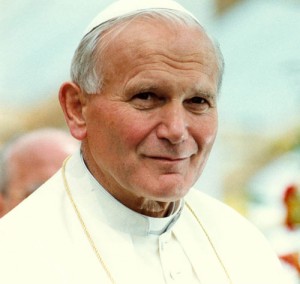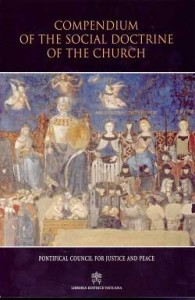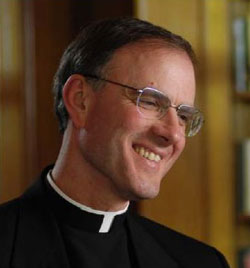Episode 15- Regnum Novum: Bringing forth the New Evangelization through Catholic Social Teaching with Omar Gutierrez – Blessed John XXIII – Mater et Magistra
– Blessed John XXIII – Mater et Magistra
Podcast: Play in new window | Download (Duration: 27:45 — 44.5MB) | Embed
Subscribe: Apple Podcasts | Spotify | Amazon Music | Android | Pandora | iHeartRadio | JioSaavn | Podchaser | Gaana | Podcast Index | Email | TuneIn | Deezer | Anghami | RSS | More
We live at a very special time. The confluence of many things has brought forth the clear need to be able to articulate the Social Teaching of the Catholic Church in a way that is accessible and applicable. This is not to be an effort where high-minded theories are to be bandied about. Rather, this is a time of opportunity wherein we can apply the Social Doctrine to the concrete so as to bring about a New Kingdom, a Revolution. – Omar G.
Blessed Pope John XXIII, born Angelo Giuseppe Roncalli (25 November 1881 – 3 June 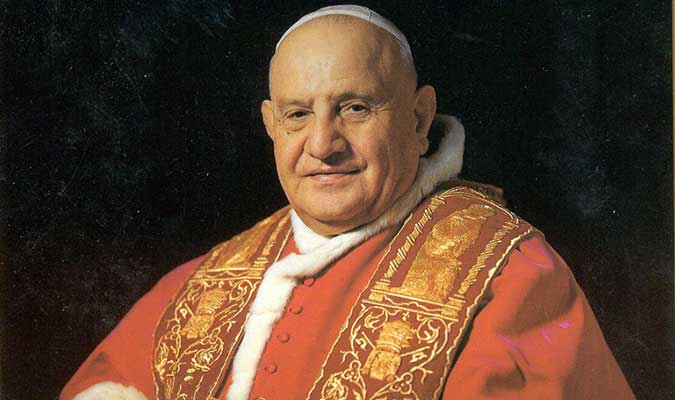 1963), headed the Catholic Church and ruled Vatican City from 1958 until his death.
1963), headed the Catholic Church and ruled Vatican City from 1958 until his death.
Pope John was elected on 28 October 1958. He called the Second Vatican Council (1962–1965) but did not live to see it to completion. He died in 1963, only four-and-a-half years after his election, and two months after the completion of his final encyclical, Pacem in Terris. He was beatified, along with Pope Pius IX, on 3 September 2000.
Also visit Omar’s “Discerning Hearts” page Catholic Social Teaching 101


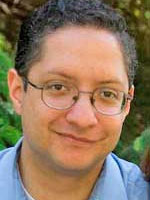

 Pacem in Terris
Pacem in Terris